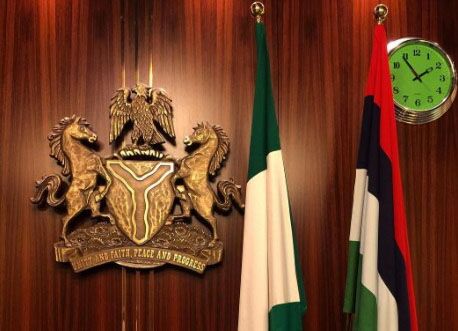Politics, this piece originates from a recent in-depth conversation centered on Nigeria, featuring insights from a seasoned lawyer hailing from Delta State. Presently based in Florida, USA, this legal professional boasts an educational background spanning England, Finland, Sweden, Norway, and other locales. His perspective, deeply rooted in his technocratic lens, unveils a critical examination of Nigeria’s political landscape.
Beginning with a poignant observation on Nigeria’s political style, he eloquently captures the essence of his viewpoint, asserting that approaching politics from a technocrat’s standpoint makes it challenging to perceive it as a force for national development. In his assessment, contemporary Nigerian politics appears to be tailored not for the advancement of the nation but rather for the benefit of individual players and their diverse interests, politics.
A glaring issue he identifies is the pervasive lack of accountability, asserting that the current political milieu necessitates the emergence of a fresh cadre of politicians genuinely committed to orchestrating the country’s development. According to him, such a transformative process requires a combination of vision, meticulous planning, and the diligent implementation of various components of the vision, all underscored by transparency and accountability. He personally distances himself from political aspirations, identifying more as a technocrat than a politician.
Beneath the surface of his commentary lies a call for Nigeria to introspectively look inward for sustainable development. This introspection, he argues, demands a shift in mindset, urging the populace to believe in themselves and trust their fellow citizens as the nation transitions from a primitive lifestyle to a high-tech economy. He expresses deep concern about the prevalent distrust, internal conflicts, and the palpable desperation to distribute the nation’s wealth.
When prompted to comment on the current state of the nation, he delivers a scathing critique, asserting that the individuals in positions of power are, in his view, suffocating Nigeria. Drawing attention to the depreciation of the Nigerian naira against the dollar, he highlights the consequential low purchasing power, rendering imported goods unaffordable for many. Reflecting on his departure from the country, he notes the stark contrast when the naira was at par with the dollar, politics.
The narrative shifts to an examination of the governance dynamics, emphasizing the unpredictability and the perceived breakdown of various systems. In his opinion, everything seems to have gone awry, demanding a need for significant changes. He specifically critiques the removal of the fuel subsidy, proposing an alternative approach. Rather than providing palliatives, he suggests redirecting the funds towards mass transportation development, envisioning substantial job creation in areas like bus services, driving, mechanics, and administration. Furthermore, he challenges the government to consider making transportation free for civil servants for a designated period, given the prevailing challenges faced by citizens.
In a forward-looking perspective, he opines that the present-day struggles, particularly the inability to import goods and bolster the local economy, might endure for a limited period. He envisions a transformative shift within five years, provided the nation commits to a transition away from importation, which he perceives as a conduit for self-enrichment.
Conclusion: politics

Jerome-Mario Utomi, the program coordinator (Media and Public Policy) at Social and Economic Justice Advocacy (SEJA) in Lagos, presents a comprehensive and thought-provoking analysis of Nigeria’s political and economic landscape, offering insightful recommendations for a more sustainable and development-oriented future.
Source: guardian.ng










